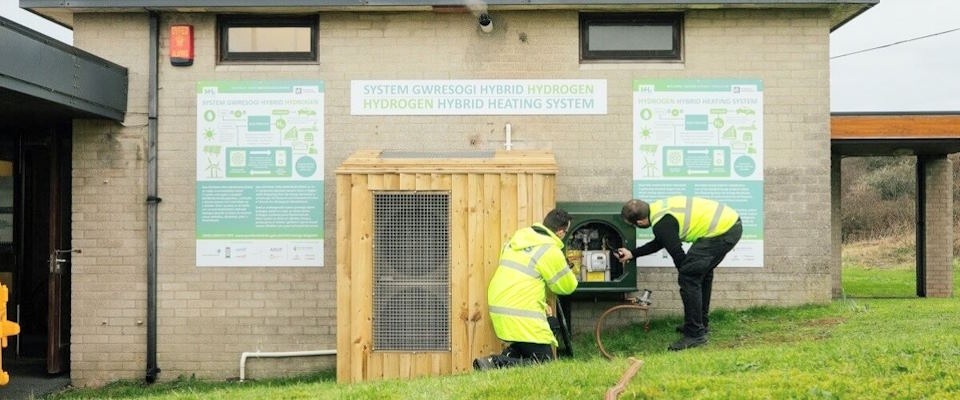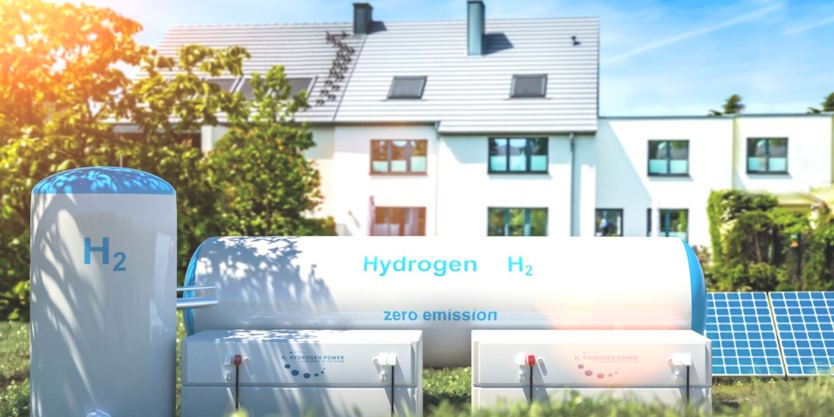Hydrogen Boilers
Decarbonizing Space Heating
Hydrogen boilers are designed to heat space and heat water using hydrogen as a fuel source. These boilers are seen as a direct replacement for natural gas boilers, allowing for decarbonizing residential and commercial heating systems.
Zero Emissions
When hydrogen is burned in a boiler, the only byproduct is water vapor, making it a zero-emission heating solution. It is crucial for reducing greenhouse gas emissions associated with heating buildings, a significant contributor to carbon footprints.
District Heating Systems
Efficient and Scalable
Hydrogen can play a pivotal role in district heating systems, where a central facility produces heat for an entire neighborhood or district. By utilizing hydrogen in these systems, the heat generation process can be both efficient and scalable.
Integration with Renewables
Hydrogen can be produced during excess renewable energy generation periods and stored for later use in district heating. It aligns with sector coupling, where excess renewable electricity is converted into hydrogen, effectively extending the use of clean energy.

Challenges and Considerations
Hydrogen Infrastructure
Implementing hydrogen-based heating systems requires the development of a hydrogen infrastructure, including production, transportation, and distribution. Existing natural gas pipelines may need modifications, or dedicated hydrogen pipelines may be required.
Safety
Hydrogen is highly flammable, and safety considerations are paramount. Systems must be designed with safety measures to prevent leaks and ensure safe operation.
Costs
Hydrogen production, especially green hydrogen produced through electrolysis, can be costlier than conventional heating fuels. However, costs are expected to decrease as technology advances and economies of scale are realized.
Regulations and Standards
Governments and regulatory bodies must establish standards and regulations for safely deploying hydrogen in heating and building applications.
Environmental Benefits
Reduced Emissions
By replacing natural gas and other fossil fuels with hydrogen in heating and building systems, CO2 and other pollutants can be significantly reduced, contributing to cleaner air and lower greenhouse gas emissions.
Integration with Renewable Energy
Hydrogen can be produced using surplus renewable energy, making it a key enabler of the transition to a renewable-based energy system.

